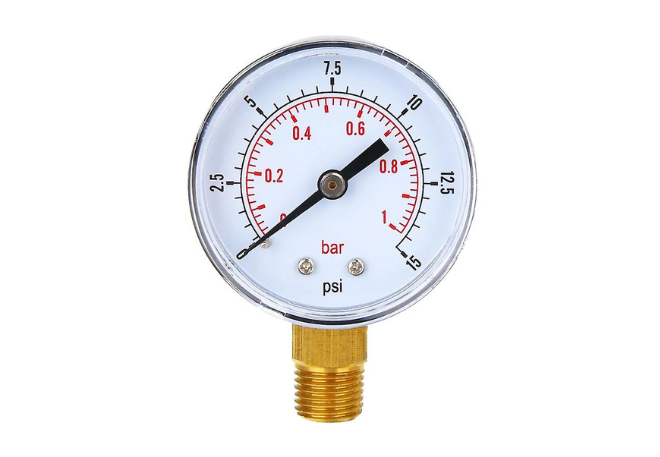How Do RF Directional Couplers Enhance Signal Integrity?
RF directional couplers are indispensable tools in radio frequency (RF) engineering, providing critical functionalities in various signal routing and testing applications. These devices are integral to systems that require signal distribution and measurement, where maintaining signal integrity is paramount. In this blog post, we’ll explore the functionalities, applications, and benefits of RF directional couplers, focusing particularly on their role within RF/IF and RFID systems.
Understanding RF Directional Couplers
RF directional couplers are passive devices used in the field of RF engineering to sample microwave signals, allowing a small portion of the signal power to be used for measurement or monitoring without disturbing the original signal. Here's how they work:
- Coupling Mechanism: They couple a defined amount of the electromagnetic power in a transmission line to a port, enabling the signal to be used in another circuit.
- Directional Operation: Unlike simple splitters, directional couplers are sensitive to the direction of the signal. This makes them useful for applications that require signal reflection measurements.
- Isolation: High isolation between output ports ensures that the signal in one path does not interfere with the other, preserving signal integrity.
Key Components and Design
The design of an RF directional coupler is critical for its performance. Here are the components that play a pivotal role:
- Main Line and Coupled Line: These are the pathways through which the input signal and the coupled signal travel.
- Coupling Factor: This is a measure of how much signal power is transferred from the main line to the coupled line.
- Construction Materials: The choice of materials affects the bandwidth, power handling, and efficiency of the coupler.
Applications of RF Directional Couplers
RF directional couplers serve multiple roles across various applications within the telecommunications, broadcasting, and data communication sectors:
- Signal Sampling: This is used to monitor and control signal levels without interrupting the main transmission.
- SWR Measurements: Measure standing wave ratio (SWR), which helps assess the efficiency of signal transmission and the match of impedances.
- Network Analysis: This is used in systems that require precise measurements for maintenance and development, such as network analysers.
Enhancing RF/IF and RFID Systems with Directional Couplers
In the realm of RF/IF and RFID, directional couplers enhance system functionality by allowing for accurate signal routing and monitoring:
- Precise Power Distribution: Ensuring that signals are distributed accurately in RFID systems for better data integrity and reliability.
- Signal Integrity Maintenance: Couplers help maintain the purity of the signal in RF identification and communication systems by minimising signal loss and reflections.
Benefits of Using RF Directional Couplers
Employing RF directional couplers in your projects can bring numerous benefits:
- Improved System Performance: These devices enhance overall system performance by effectively managing the signal paths and minimising losses.
- Enhanced Measurement Accuracy: They can measure signals without significant disruption, leading to more accurate diagnostics and adjustments.
- Versatility: They can be used in a variety of applications, from simple signal routing to complex system diagnostics.
Selecting the Right RF Directional Coupler
When choosing an RF directional coupler, consider the following factors to ensure optimal compatibility and performance:
- Frequency Range: The coupler should match the frequency range of your system to ensure effective operation.
- Power Handling: Depending on the application, the coupler must be capable of handling the power levels without degradation.
- Insertion Loss: Lower insertion loss means less signal is lost in the coupling process, which is crucial for maintaining signal quality.
- Physical Size and Connectors: Ensure the coupler fits within your system configuration and has compatible connectors for seamless integration.
Conclusion
RF directional couplers are powerful tools in RF/IF and RFID applications, critical for maintaining signal integrity and enhancing system functionality. Their ability to direct signals accurately and measure them without significant interference makes them invaluable in complex electronic environments. By understanding their operation, benefits, and application, engineers can significantly improve the reliability and efficiency of their RF projects.
This exploration of RF directional couplers not only highlights their importance but also helps clarify how they fit into larger RF systems. Their strategic application ensures enhanced performance, making them a cornerstone of modern RF engineering.




Comments
Post a Comment